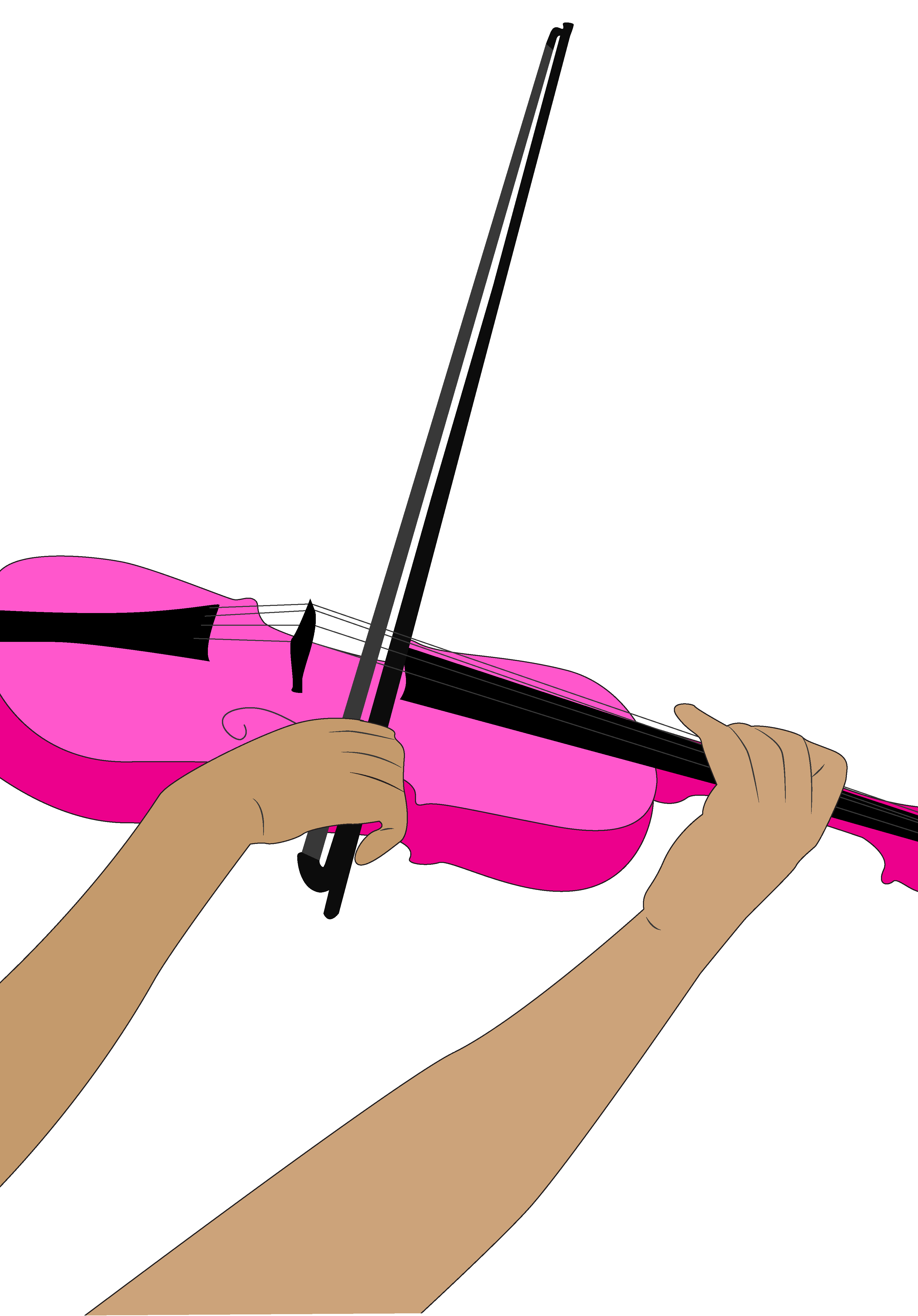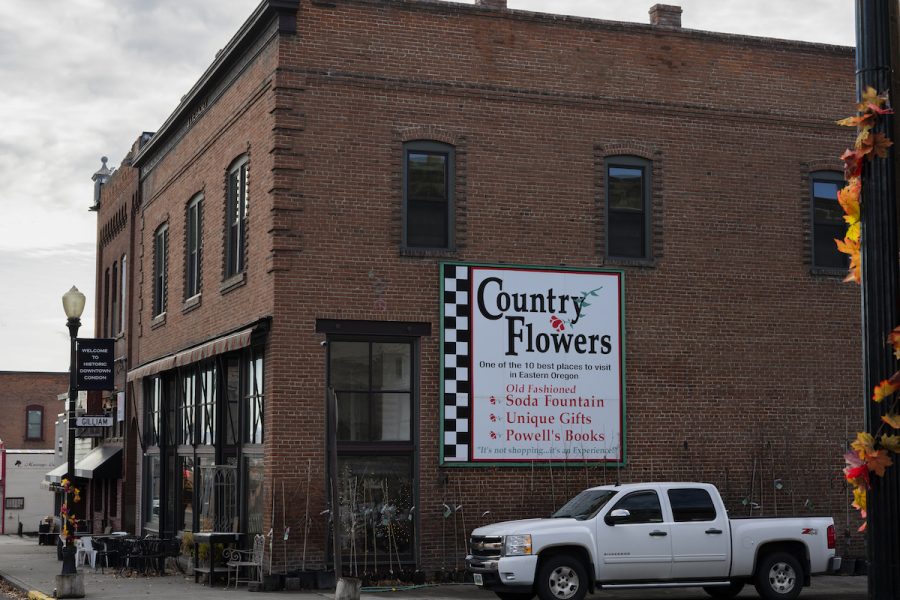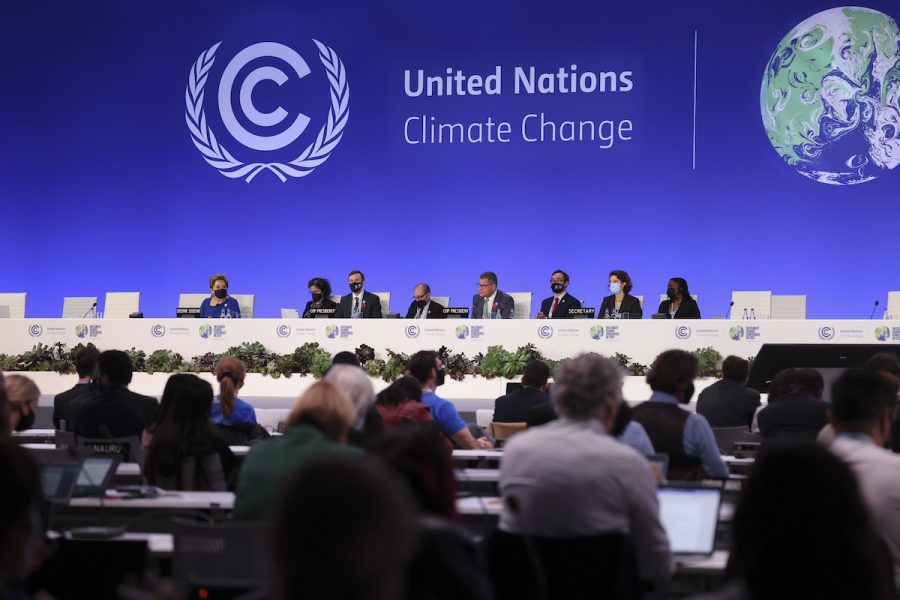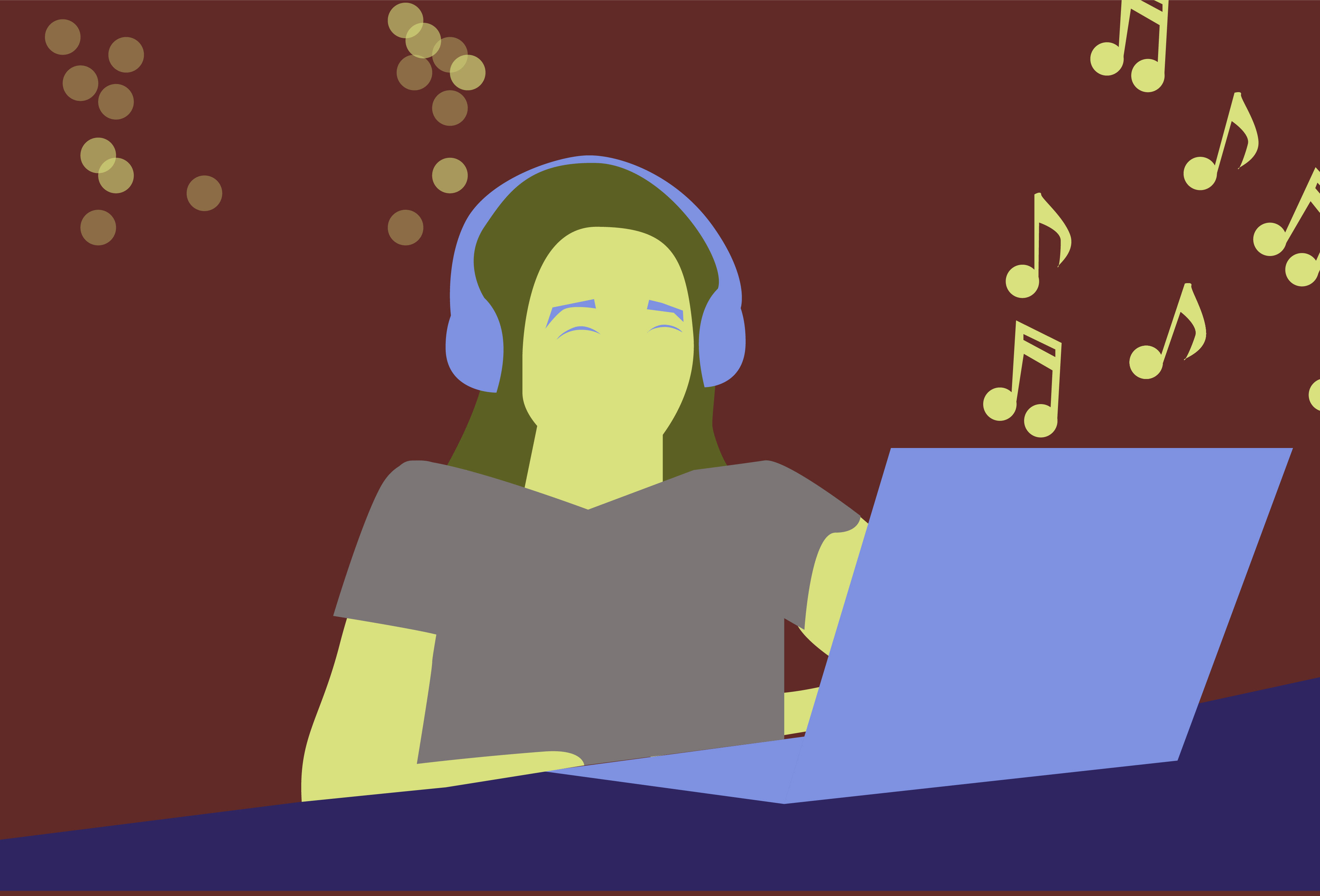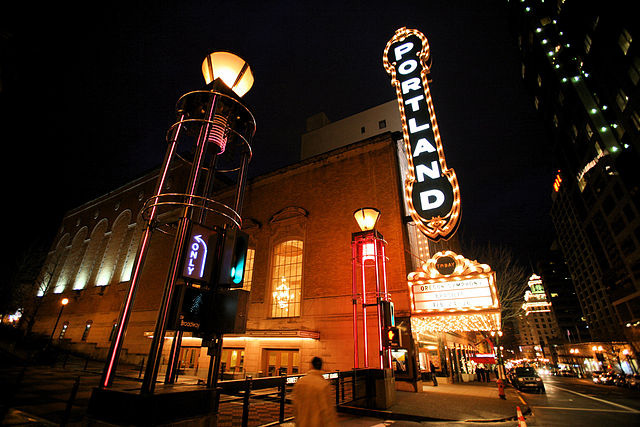When COVID-19 swept across the globe and forced closures of public spaces and lockdowns in most major countries, it disrupted almost every industry and cultural community. The classical chamber music world was no exception.
“I think everyone was trying to figure out what to do,” said Gloria Chien, a pianist and artistic director at Chamber Music Northwest. “Everyone’s concerts got cancelled.”
Caitlin Lynch, a member of the Aeolus String Quartet and the founder of a nonprofit musical education called Project Chamber Music: Willamette Valley, had a similar experience.
“The [Aeolus] Quartet was supposed to play at Mt. Sinai Hospital, and the date was the height of the initial outbreak in Manhattan, in New York,” Lynch said. “Obviously, we couldn’t go and play.”
For the next several months, as the pandemic continued to shutter concert halls and venues across the world, chamber musicians like Lynch found themselves in similar situations, unable to perform before live audiences. Ironically, the mass shuttering of concert halls and cancellations of performances came at a time when music was more needed and desired than ever.
“We as musicians are often there when things get tough,” Lynch said. “At a funeral, there’s music. When there’s a national tragedy, there’s music. We seek music for solace and comfort and healing, and to not be able to offer that, or experience that ourselves during this period of time, was really difficult.”
Rather than give up and wait for concert halls to reopen, chamber music directors took a proactive approach, recognizing the continued need for music as a consensus-building experience, while still keeping a pragmatic appraisal of the difficult realities created by the pandemic.
“We had to think of things to do that were not in person,” said Soovin Kim, co-director of Chamber Music Northwest. “[We were] reimagining what is possible. It did raise interesting possibilities that normally we would not think of before we were in this situation with the pandemic.”
For Kim, along with Chien and Lynch, the task of presenting chamber music digitally was a unique one. Chamber music, which assigns one musician per instrument in a performance, is an inherently intimate artform. For many of its patrons, the main draw of it is the close-knit, almost familial feel of being in a room with a performer and their instruments. Communicating this experience digitally proved to be the main challenge. At first, Kim was intent on trying to recreate the feeling of a concert hall, as faithfully as possible.
“I did think, at the beginning of the pandemic, that what people needed was to be reminded of what it’s like to be in the concert hall,” said Kim with a laugh. “And then I was talked out of it.”
Instead of attempting to create a mere digital imitation of the concert-hall experience, Kim and Chien—along with executive director Peter Bilotta—worked to create something entirely different. This digital format used extremely high-quality audio and video close-ups to show new angles and perspectives that were normally inaccessible from a concert-hall seat.
“There were actually quite a number of audience members who said ‘I like this even better than before than being in the hall,” said Kim. “It’s not quite as visceral in terms of being in the same space as the performer, but with really good camera work you can get perspectives that you don’t get to have when you’re sitting in the concert hall.”
Chien, who worked with Kim to put the digital concerts together, emphasized that while the pandemic closed venues for normal concerts, it also made them more accessible for their projects.
“We were able to record concerts at some of the most magnificent concert halls in the world,” Chien said. “Usually, the rent is very high, and the schedule is very tight. [The pandemic] afforded us the opportunity to explore.”
While she’s careful to stress that these opportunities arrived in unfortunate circumstances, she and her peers did what they could to make the most of them.
Lynch, who continued her mission to provide acccess to music despite the pandemic, took an outreach-focused approach. After COVID-19 cancelled her Quartet’s performance at Mt. Sinai Hospital, she and her fellow musicians sent the hospital’s patients a cellphone recording of a Bach Chorale they’d performed—a simple gesture that became the start of something larger.
“We sent it to them, in lieu of being there in person, and it was incredible the response we got from that,” Lynch said.
From that humble offering evolved Bach For All, a weekly series of recordings of Bach Chorales that the Quartet recorded remotely and then sent out every Monday for music lovers to enjoy.
As part of Bach For All, Lynch has been working to get music to communities that have been especially isolated since the pandemic began, such as nursing homes.
She remembers a neighbor and dear friend, who was in her late 90s at the start of the pandemic, and how the outbreak impacted her. A social person by nature, Lynch’s friend found herself isolated in her retirement home, unable to see her friends and family—or music, which she loved.
“She didn’t have a smartphone, or a laptop to FaceTime or Zoom with anybody,” Lynch explained. “I thought: ‘how can we get music to someone like [her]? To someone who can’t leave their apartment, but also doesn’t have something like FaceTime?’”
Lynch and the Quartet started partnering with various groups, such as retirement homes, to get music to anyone they thought might need it, such as Lynch’s neighbor.
To accomplish this, they would collaborate with nursing homes to set up televisions in lobbies for residents to listen to the week’s Bach Chorale. For those who couldn’t leave their rooms, iPads were sent to those who still wanted to hear the music.
“Even if they weren’t able to experience it alongside other people, they knew that they were all sharing the experience of having the Chorale,” Lynch said. “We shared it with schools, for kids who were having anxiety about being back in school, we shared it with hospitals, with teams in [COVID-19] units that were playing it for their doctors and nurses at the start of their…shifts. It was a really heartening way for us to experience the music, and for us to feel like we were striving to bring communities together, during a time when we were all forced to be apart.”
Now, as pandemic restrictions begin to lift and concert spaces become available, Chien, Kim and Lynch are still continuing their work, although Kim notes that the past two years will likely change the ways we consume music for good.
“I think ultimately we will look back on this covid period as the beginning of a new sort of performance outlet,” Kim said.
Together, he and Chien plan to continue the work they’ve started. As for Lynch, she’s found that the experience of the pandemic—for all it’s uncertainty and sadness—has affirmed things she’s always believed to be true.
“I’ve always felt that music is a powerful source of healing,” she explained. “But I think the past 21 months has shown the depth of truth to that.”

